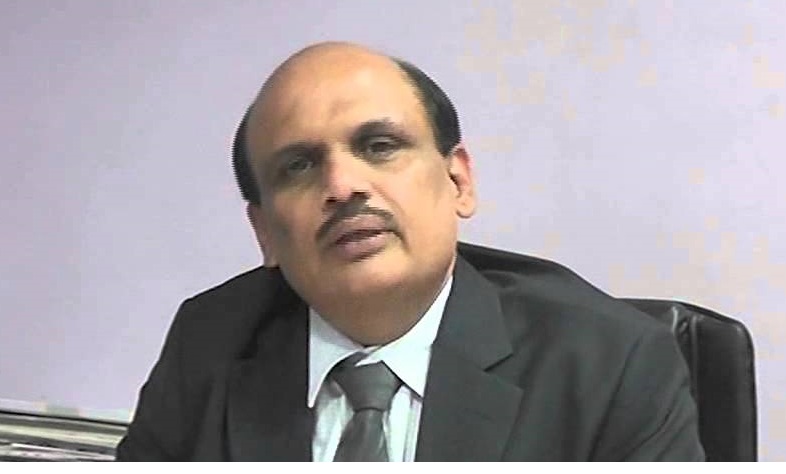Mumbai – Neurological disorders, both fatal and non-fatal, are among the leading contributors to the burden of non-communicable and communicable diseases in India. As we celebrated World Brain Day yesterday 22nd July Neurological experts have shown serious concern about Neurological Disorders in India.
The theme of World Brain Day is changed every year. This time the theme of World Brain Day 2024 is “Brain Health and Prevention”. This year’s theme of World Brain Day emphasizes the importance of proactively addressing the risk factors, early detection, and effective management of neurological diseases as well as the mission to spread global education on prevention strategies. On the occasion of World Brain Day, Dr. Joshi’s Neurotrauma Center has conducted a check-up and consultation camp in Thane.

Commenting on this Dr. Joshi’s Neurotrauma Center Director and Senior Neurosurgeon Dr. Vinayak Joshi says, “If you are wondering what is the significance of World Brain Day, then let us tell you that people have to become aware of brain-related diseases and conditions. So that people can be informed about the importance of brain health and the symptoms of neurological diseases can be identified and treated on time. Even today people are very less aware about brain-related diseases which it take the form of serious diseases in the future. In which lakhs of people die every year only due to brain-related diseases. Genetics, stress and our lifestyle play major roles in brain health, but diet cannot be ignored. What we eat affects not only our weight but also our brain. Therefore, we should not ignore “brain foods”. There is no food that can protect against age-related diseases like dementia, but our brain needs good & quality food for better concentration throughout the day.”
Dr. Joshi’s Neurotrauma Center Director and Senior Neurosurgeon Dr. Vinayak Joshi further added neurological disorders have become a serious public health challenge in India, affecting millions of people suffering from diseases such as stroke, epilepsy, Parkinson’s disease, Alzheimer’s disease, and multiple sclerosis. A person needs to get adequate sleep to feel fresh. To keep the body healthy, it is necessary to take 8 to 10 hours of sleep. So sleep is also very important for brain health. Scientists’ research found that when humans sleep at night their mind does the work of cleaning. The brain starts working on the waste disposal system. The brain expels waste material from the glymphatic while sleeping. The glymphatic system is strongly correlated to sleep processes. Sleep helps the glymphatic system remove brain waste. Astrocytes expand and contract to form channels for cerebrospinal fluid (CSF) to wash through the brain and eliminate waste. Along with this, the brain organizes its neurons while sleeping. So at the same time it also maintains your stress level.
Another important non-communicable neurological disorder that needs the attention of policymakers is epilepsy. Globally, around 50 million people have epilepsy, among whom 10–12 million live in India. The prevalence estimates in India for 2019 range from 3·0 to 11·9 per 1000 of the population and incidence from 0·2 to 0·6 per 1000 of the population per year, with a major contribution from the rural population. In several other countries, new treatments such as monoclonal antibodies are being introduced and applied for particular neurological disorders, including migraine, multiple sclerosis, and other demyelinating conditions, but in India, the use of these costly medicines needs government funding, to provide for people in the low-income group at affordable cost.